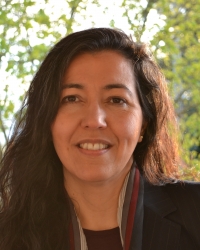
Ana M. Gómez-Bravo
Talk Title: “Food and the Idea of Raza in Late Medieval and Early Modern Spain”
Professor Gómez-Bravo’s main research areas are food studies, textual studies, and theories of ethnic and gender difference. Professor Gómez-Bravo’s most recent book is Food and Culture in the Hispanic World / Comida y cultura en el mundo hispánico (Equinox, 2017). Currently, Professor Gómez-Bravo is working on a book-length project on the relation between food and ethnic identity, and in particular the attention paid by the Inquisition to food practices of Jews and Muslims leading to the exercise of racial profiling. She is also studying the ways in which these inquisitorial methods were applied in later centuries to other groups such as Native Americans and ethnic minorities.
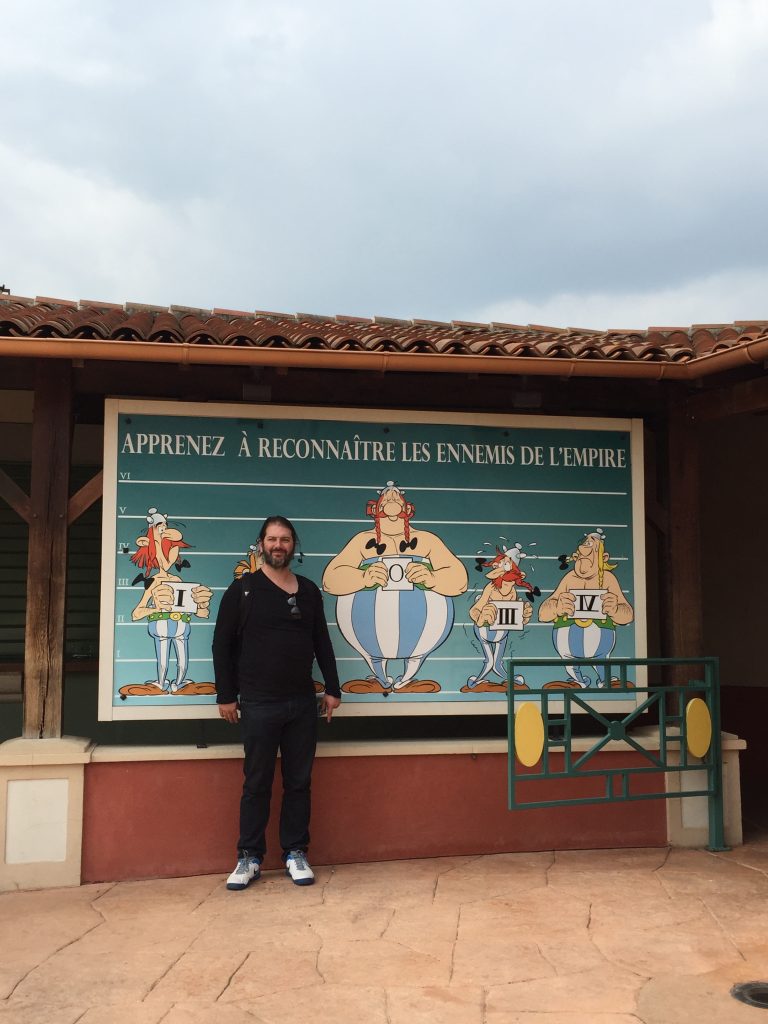
Gregorio Andrés Saldarriaga Escobar
Talk Title: “The Introduction of Poultry–farming to the Indigenous People of the New Kingdom of Granada, XVI and XVII Centuries”
Gregorio Saldarriaga is a professor of History at the Universidad de Antioquia (Colombia). His work has focused on the history of food during 16th and 17th centuries in Colombia and Latin America, emphasizing the relationship between production, symbols, and identities, and how they were all transformed by the colonial system. He has a Ph.D. in History from El Colegio de México A.C.
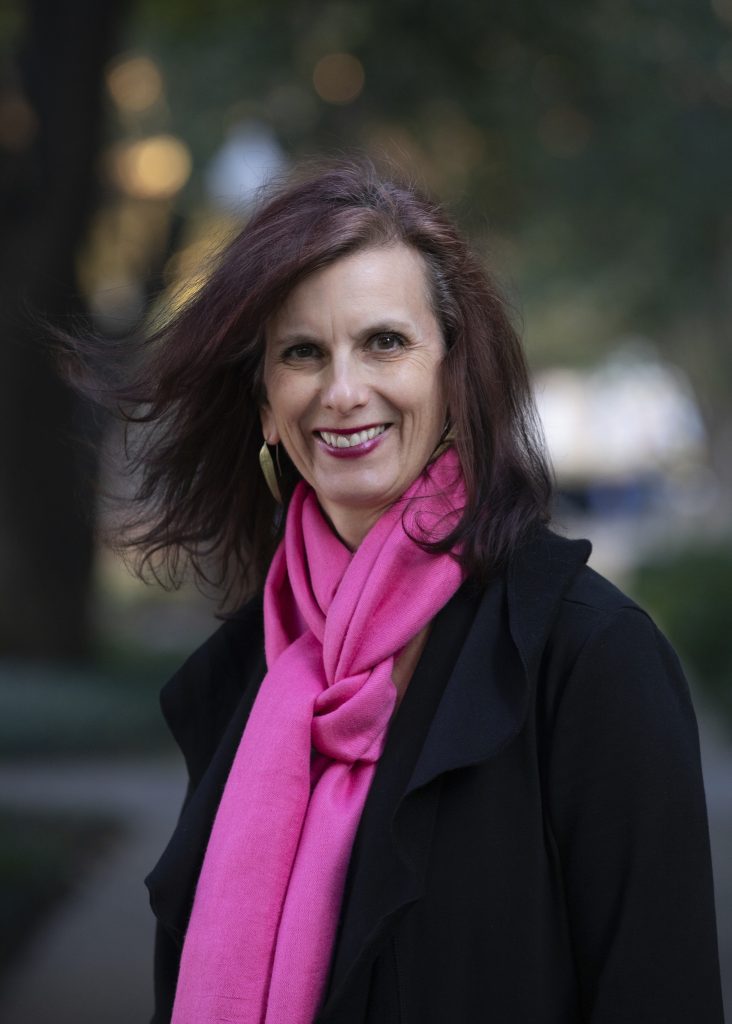
Amy L. Tigner
Talk Title: “Border Crossings: Iberian Recipes in Seventeenth-Century English Manuscript”
Amy L. Tigner is an associate professor of English at the University of Texas, Arlington. Most recently, she has co-authored with Allison Carruth Literature and Food Studies (Routledge, 2018) and co-edited David B. Goldstein Culinary Shakespeare (Duquesne UP, 2017). She is also a founding member of Early Modern Recipes Online Collective (EMROC) and has been engaged in making historic recipes.
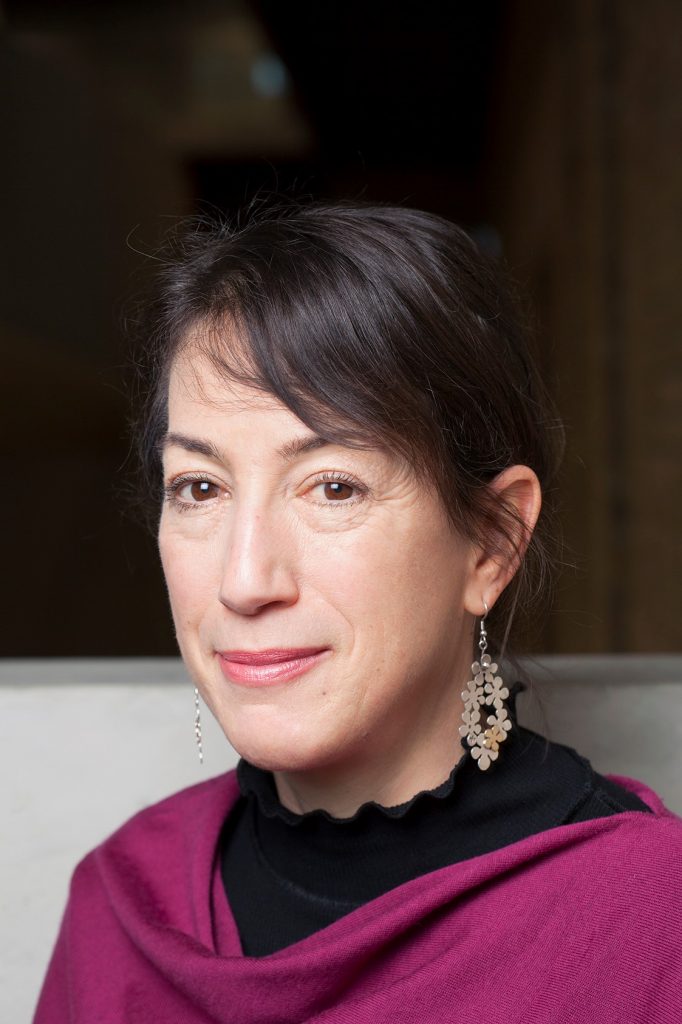
Rebecca Earle
Talk Title: “Spaniards, Cannibalism and the Eucharist in the New World”
Rebecca Earle teaches history at the University of Warwick. She has written about clothing, love letters, the wars of independence in Spanish America, and a range of other topics. Her third book, The Body of the Conquistador (2012), which was awarded the 2013 Bolton-Johnson Prize, studied the role of food in colonial Latin America. Her current research explores the cultural significance of food and eating in the modern world; for some years she has been working on a global history of the potato. This project uses the emergence of the potato as an Enlightenment super-food to explore the connections between everyday life and new ideas of individualism, political economy and the state. The overall aim is to explain the genesis of our current obsession with balancing individual dietary freedom with the health of the body politic.
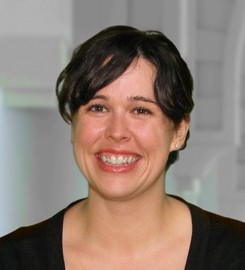
Rebecca Ingram
Talk Title: “Iberian Food Cultural Studies: Josep Rondissoni and Culinary Celebrity in Modernizing Barcelona”
Rebecca Ingram is Associate Professor of Spanish, Chair of the Department of Languages, Cultures and Literatures, and affiliated faculty to the Program in Women’s and Gender Studies at the University of San Diego. Her work has appeared in the Bulletin of Spanish Studies, the Bulletin of Hispanic Studies and Cincinnati Romance Review, in addition to edited volumes on Carmen de Burgos and approaches to teaching the works of Emilia Pardo Bazán. Current projects include an article on teaching food cultural studies in the first-year classroom and an archival project on cooking education and early twentieth- century working women. With Lara Anderson, she is editor of the forthcoming special issue for the Bulletin of Spanish Studies on Transhispanic Food Cultural Studies.
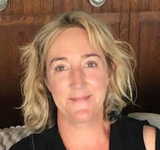
Lara Anderson
Talk Title: “Food & Francoism: The Production of a Unified Gastronomic Space”
Dr. Lara Anderson is Convenor of Spanish and Latin American Studies and the University of Melbourne Australia. She has just completed a monograph, which looks at food discourse as site of control and resistance during the first two decades of the Franco regime. She has published extensively on many aspects of Spanish food discourse, such as culinary nationalism and food and politics, and has with Rebecca Ingram co-edited a special issue entitled Transhispanic food cultural studies.
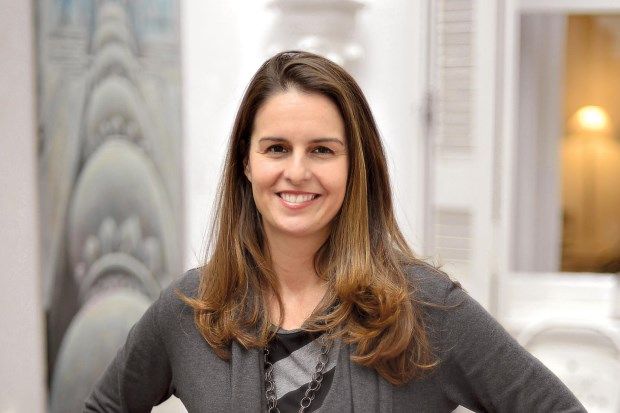
Rebekah Pite
Talk Title: “Promoting ‘their’ Local Drink: The Journey from k’aa to ‘Jesuit tea’ to Paraguayan ilex paraguariensis, Brazilian erva mate, and Argentine yerba mate“
Rebekah E. Pite is an Associate Professor of History at Lafayette College (USA). She is a social and cultural historian of Latin America, and especially Argentina, with an analytical focus on gender, labor, and food. In 2013, she published her first book, Creating a Common Table in Twentieth-Century Argentina: Doña Petrona, Women, and Food (UNC Press), which won book prizes from Gourmand and the Chile-Río de la Plata subsection of LASA. In April 2016, she published her second book, La mesa está servida. Doña Petrona C. de Gandulfo y la domesticidad de la Argentina del siglo XX (Edhasa). Dr. Pite is currently researching the socio-cultural history of yerba mate in the nineteenth and twentieth century Río de la Plata region.
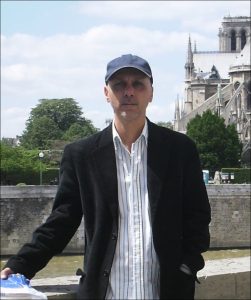
Lúcio Menezes Ferreira
Talk Title:” ‘We Eat Beef Jerky, Too’: An Archaeology of Food’s African Cosmologies at the Beef Jerky Plantations “
Lucio Menezes Ferreira earned his Ph.D. in Cultural History at the Campinas State University in 2007. Since 2008 he is Professor of Archaeology at the Department of Anthropology of Federal University of Pelotas, Rio Grande do Sul, Brazil. He’s also researcher at the Brazilian National Council of Scientific Research (CNpq), and Associate Professor at Salamanca University and University of Rennes I. Ferreira’s primary research falls within African Diaspora Archaeology at the beef jerky plantations, community research with afrobrazilian communities, and afrobrazilian cultural heritage. Currently he is visiting professor in the Department of Sociology and Anthropology at Illinois State University.
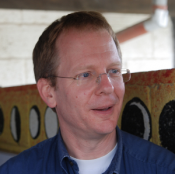
Edward Fischer
Talk Title: “Value Worlds of Coffee/Coffee’s Imbroglios”
Ted Fischer is the Cornelius Vanderbilt Professor of Anthropology and the Director of the Center for Latin American Studies at Vanderbilt. He is also the founder of Mani+, a social enterprise in Guatemala that develops and produces locally sourced treatments for malnutrition. He is currently working on a book on the “Value Worlds of Coffee,” the subject of this talk.
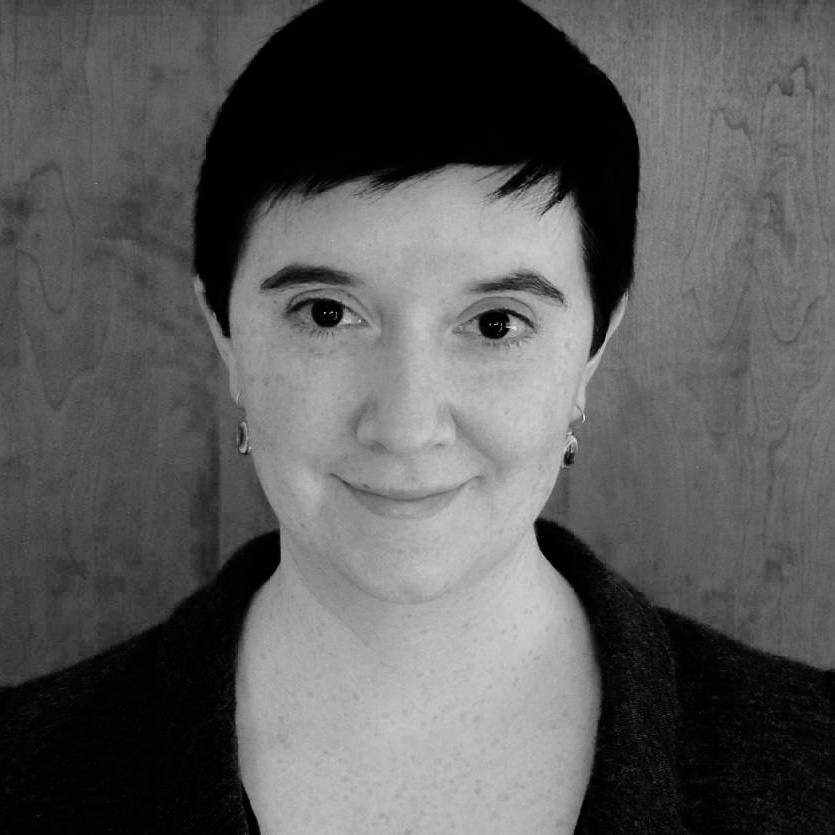
Carla Martin
Talk Title: “The Role of Chocolate in Fine Dining Pastry Kitchens”
Carla D. Martin, PhD, is the Founder and Executive Director of the Fine Cacao and Chocolate Institute and a Lecturer in the Department of African and African American Studies at Harvard University. Carla is a social anthropologist whose current research focuses on ethics, quality, and politics in cacao and chocolate and draws on several years of domestic and international ethnographic experience. She lectures widely and has taught extensively in African and African American Studies, critical food studies, social anthropology, and ethnomusicology, and has received numerous awards in recognition of excellence in teaching and research. Find her online at carladmartin.com and @carladmartin.
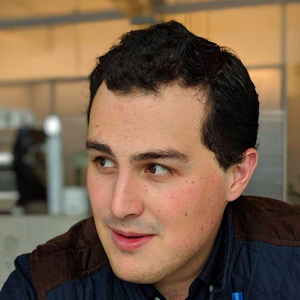
José Lopez Ganem
Talk Title: “The Role of Chocolate in Fine Dining Pastry Kitchens”
José López Ganem is a Cacao Grader Intensive Instructor and Project Manager at the Fine Cacao and Chocolate Institute. His professional experience is focused on sensory training and food management, from early exposure to restaurant service to professional product knowledge in wine, spirits, sake, tea, and chocolate. In cacao, he has developed significant expertise in designing sensory opportunities for professionals and consumers. José also holds a strong commitment to understanding the needs of different stakeholders, guiding FCCI-government partnerships for several of its projects. He holds a B.A. in Food Business Management magna cum laude from the Culinary Institute of America in Hyde Park, NY. Find him on Twitter at @JoseLGanem.
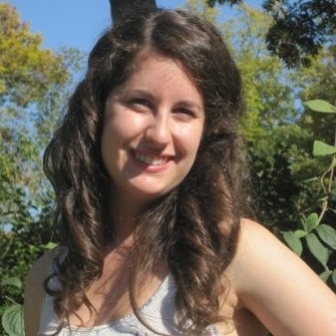
Emmy Grace
Talk Title: “Free Trade in Central and North America: Agrarian Crises and Outward Migration”
Emmy Grace is a nonprofit professional with environmental and international program experience and currently resides in Durham, North Carolina. Previously she worked on economic development opportunities with coffee communities in Guatemala. Emmy earned her BA in Environmental Studies and Hispanic Studies from Illinois Wesleyan and her MA in International Affairs and Natural Resources and Sustainable Development from American University and the UN Mandated University for Peace in Costa Rica.
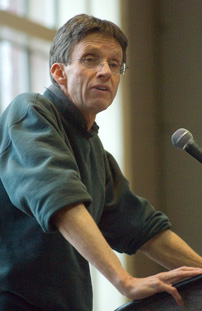
William Munro
Talk Title: “Marketing Sustainability: Consumer Scrutiny and Corporate Environmental Responsibility in an Age of Global Agri-food Systems”
Dr. Munro teaches courses in International Politics, African Politics, Conflict Areas in the Global South,
Development Theory, and Social Movements. His research interests include the politics of state formationand development in the global south as well as popular organization in the international food economy. He
has conducted field research on state politics in Zimbabwe, and is currently researching the politics of
democratization in rural South Africa. He is the author of The Moral Economy of the State: Conservation,
Community Development and State-making in Zimbabwe (Ohio University Press, 1998). Munro’s most
recent book is titled Fighting for the Future of Food: Activists versus Agribusiness in the Struggle over
Biotechnology (University of Minnesota Press, 2010), with Rachel Schurman of the University of Minnesota.
Munro is also the 2012 winner of the Kemp Foundation Award for Teaching Excellence at Illinois Wesleyan.
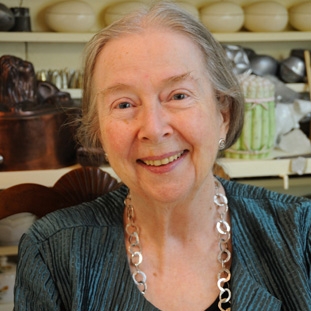
Barbara Ketcham Wheaton
Respondent
Barbara Ketcham Wheaton is a noted food historian, writer, and the honorary curator of the culinary collection at the Arthur and Elizabeth Schlesinger Library, Radcliffe Institute. She is also the coauthor, with Patricia Kelly, of Bibliography of Culinary History: Food Resources in Eastern Massachusetts. She teaches seminars on reading historic cookbooks and enjoys lobsters and champagne whenever the opportunity to do so arises.